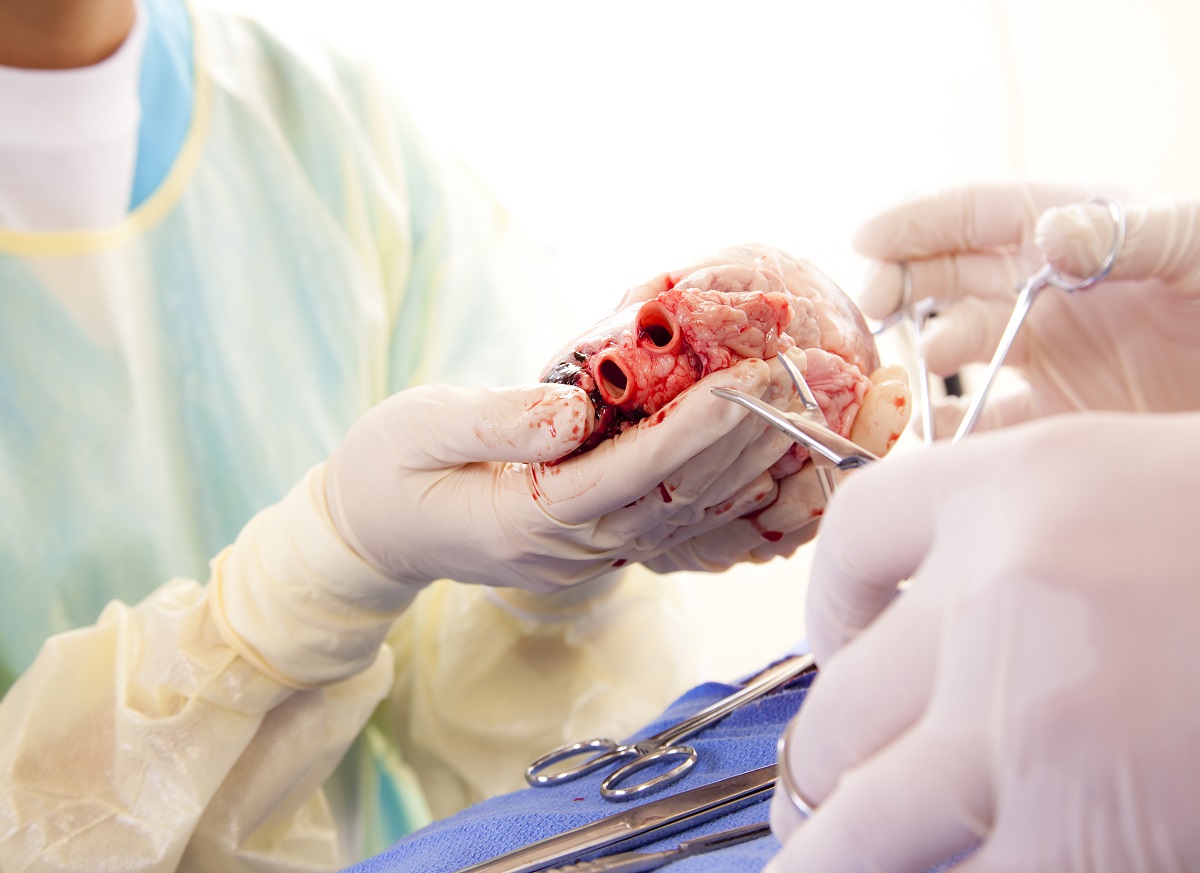
A heart transplant is a medical surgery which is used to treat the most serious cases of heart disease. This is a treatment for those people who are in the last stage of heart failure, medication, lifestyle change and the less invasive procedure is not succeeding in the treatment of the process. However, there are only a few people who meet specific criteria to be considered a candidate for the procedure.
In adults heart, failure can be caused by several conditions including:

If you are strong-minded to be a perfect candidate for the heart transplant, you will be put on a waiting list until donor heart that matches your blood and tissue type is available.
The surgery lasts for almost four hours. During which the patients are placed on a heart-lung machine to keep blood circulating throughout the body. Your heart surgeon will remove your heart leaving the pulmonary vein opening and the back wall of the left atrium intact. They will do all this preparation before you receive the new heart.

Once the doctor stitches the donor’s heart into proper place the heart begins beating, and you will soon be removed from the heart-lung machine. In general, the new heart will begin to beat as soon as blood flow is restored. Sometimes an electric shock is required to prompt a heartbeat.
After the surgery, you will be transferred to intensive care unit. Here you will be constantly monitored given pain medication, fitted with drainage tubes to remove extra fluid from the chest cavity. Then after spending a day in ICU perhaps if you are stable enough then will be removed to the hospital room where you will continue healing. A hospital stay can range between one to three weeks based on your recovery.
You will be monitored for infection and other medication will be given to you. Antirejection medication is necessary so that the body does not reject the donor’s organ. Recovery from the heart transplant may be a long process and full recovery can be up to six months.
In the realm of medical miracles, heart transplant surgery stands as a beacon of hope. This life-saving procedure not only mends broken hearts but also rejuvenates lives, rekindling the flame of hope in the hearts of patients and their loved ones. As science and compassion continue to converge, the future holds even more promise for those in need of this extraordinary intervention.
Best Health Packages Information visit here :- https://www.docopd.com/en-in/lab